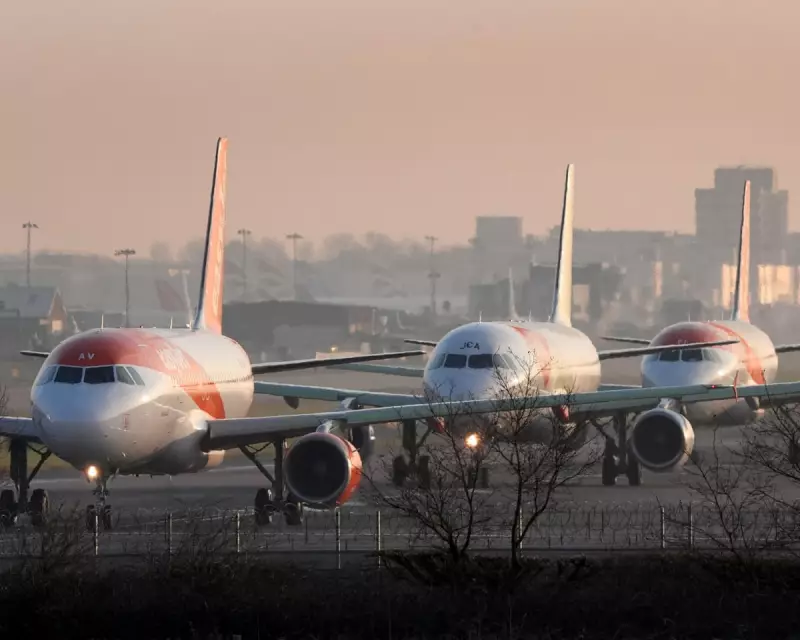
In the rolling countryside of West Sussex, a battle is being fought that pits the ambitions of global aviation against the sanctity of local homes and the health of the planet. Gatwick Airport's relentless pursuit of a second runway is hurtling towards a critical juncture, leaving a trail of anxiety and anger in its wake.
For the residents living in the shadow of the proposed expansion, the project feels less like progress and more like an impending invasion. The promise of economic growth is drowned out by the stark reality of what a dual-runway Gatwick would mean: an unremitting barrage of noise from up to 80 additional flights per hour, transforming the character of the area from rural idyll to an industrial transport hub.
The Human Cost of Expansion
The human stories behind the headlines are ones of profound distress. Families who have built their lives in villages like Charlwood and Hookwood now face the prospect of their homes being rendered unsellable and unliveable. The constant roar of jet engines, both day and night, threatens not just peace and quiet, but sleep, mental well-being, and the very fabric of community life.
One local resident described the plan as "a form of environmental violence," a sentiment echoed by campaigners who argue that the health impacts of increased air and noise pollution are being wilfully ignored.
An Environmental Paradox
Perhaps the most glaring contradiction lies in the environmental arena. At a time when the UK has legislated for net-zero carbon emissions, the expansion of airport capacity represents a significant backward step. Critics argue that increasing flights is fundamentally incompatible with national climate targets.
The project threatens not only the atmosphere but also the ground beneath it. Ancient woodlands and valuable greenbelt land are slated for destruction to make way for tarmac, fragmenting local ecosystems and destroying irreplaceable natural habitats.
A Questionable Economic Engine
Proponents of the second runway tout the creation of thousands of jobs and a multi-billion-pound boost to the regional economy. However, sceptics question these figures, suggesting the economic benefits are overstated while the social and environmental costs are systematically downplayed.
There are also fears that the expansion could simply siphon traffic from other regional airports like Heathrow or Stansted, resulting in no net gain for the UK, but a concentrated loss for those living near Gatwick.
A Political and Planning Quagmire
The decision-making process itself has become a source of contention. Many locals feel their voices have been marginalised in a consultation process they view as a mere box-ticking exercise. The final say now rests with the Secretary of State, placing a monumental decision with far-reaching consequences into the hands of a single politician.
As the deadline for a government decision looms, the saga of Gatwick's second runway has become a potent symbol of a wider national conflict: the tension between unchecked economic growth and the urgent need for sustainable development. The outcome will set a precedent, revealing just how seriously the UK takes its environmental promises and the well-being of its citizens in the face of corporate ambition.





